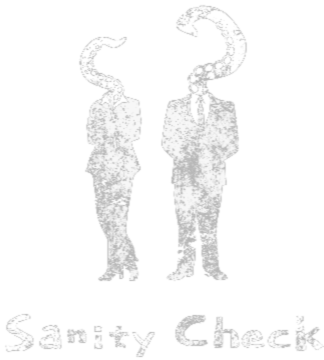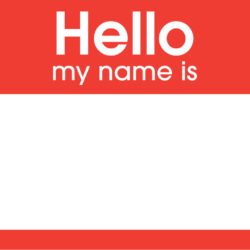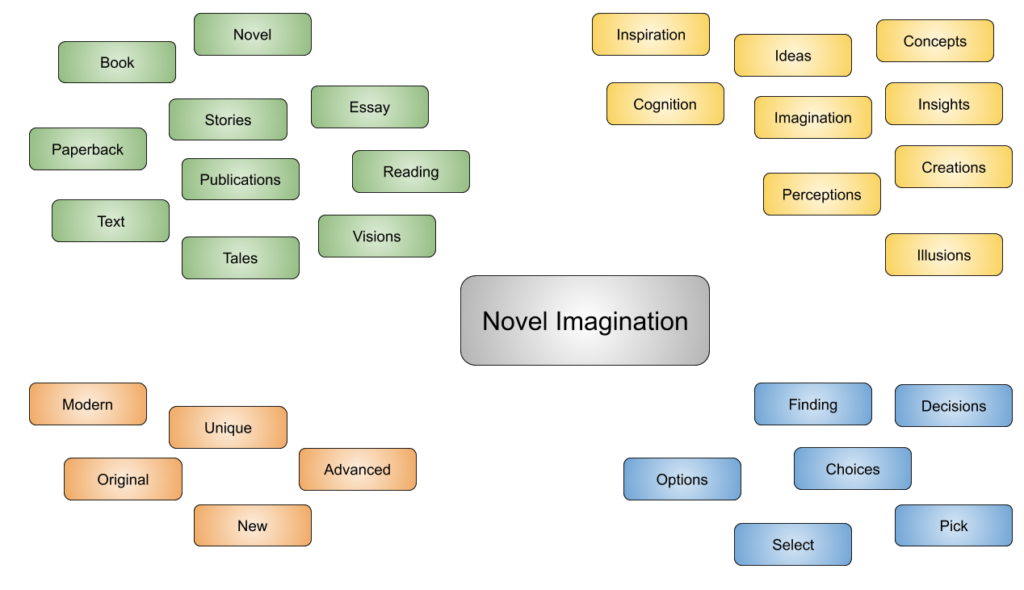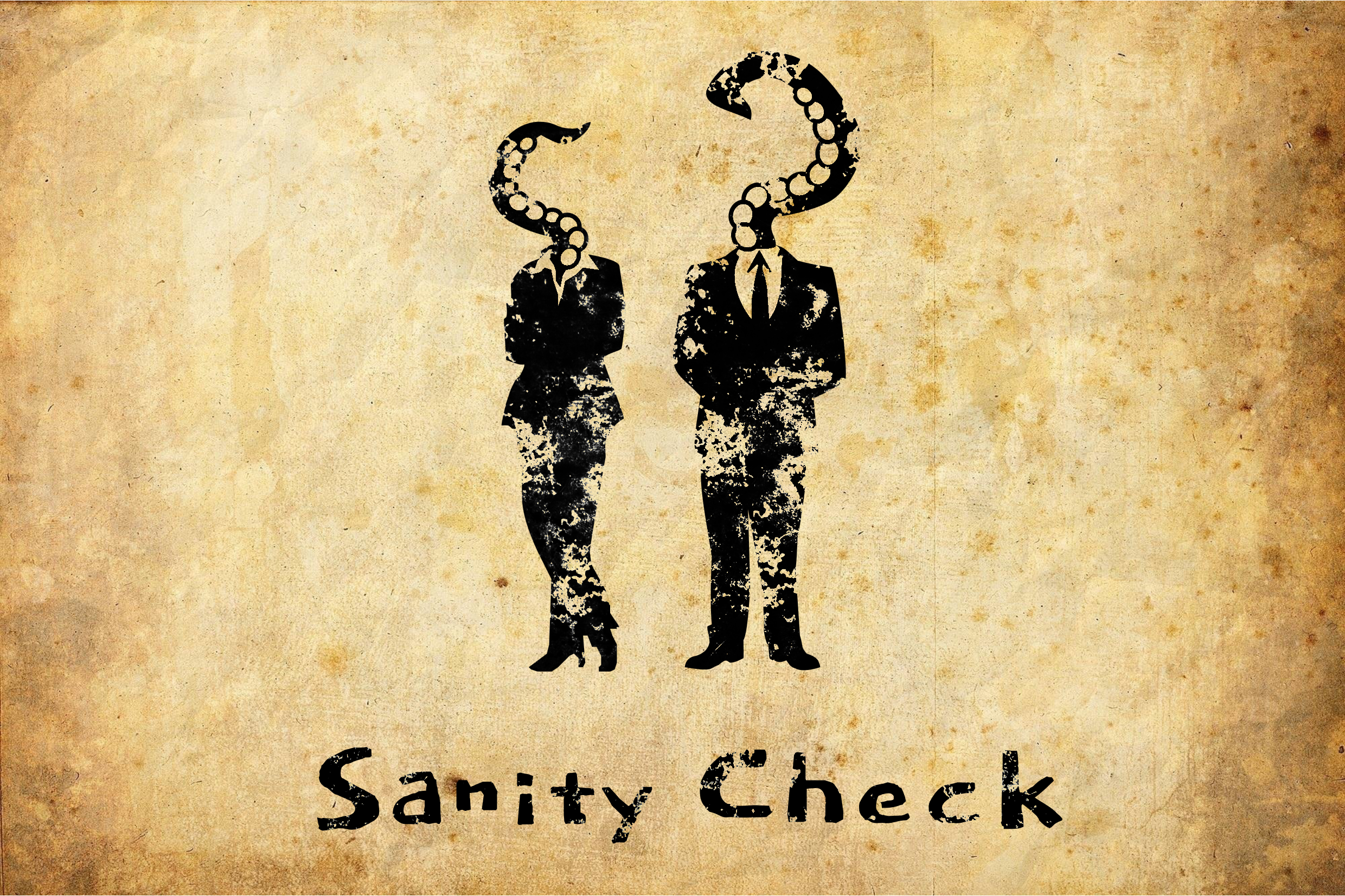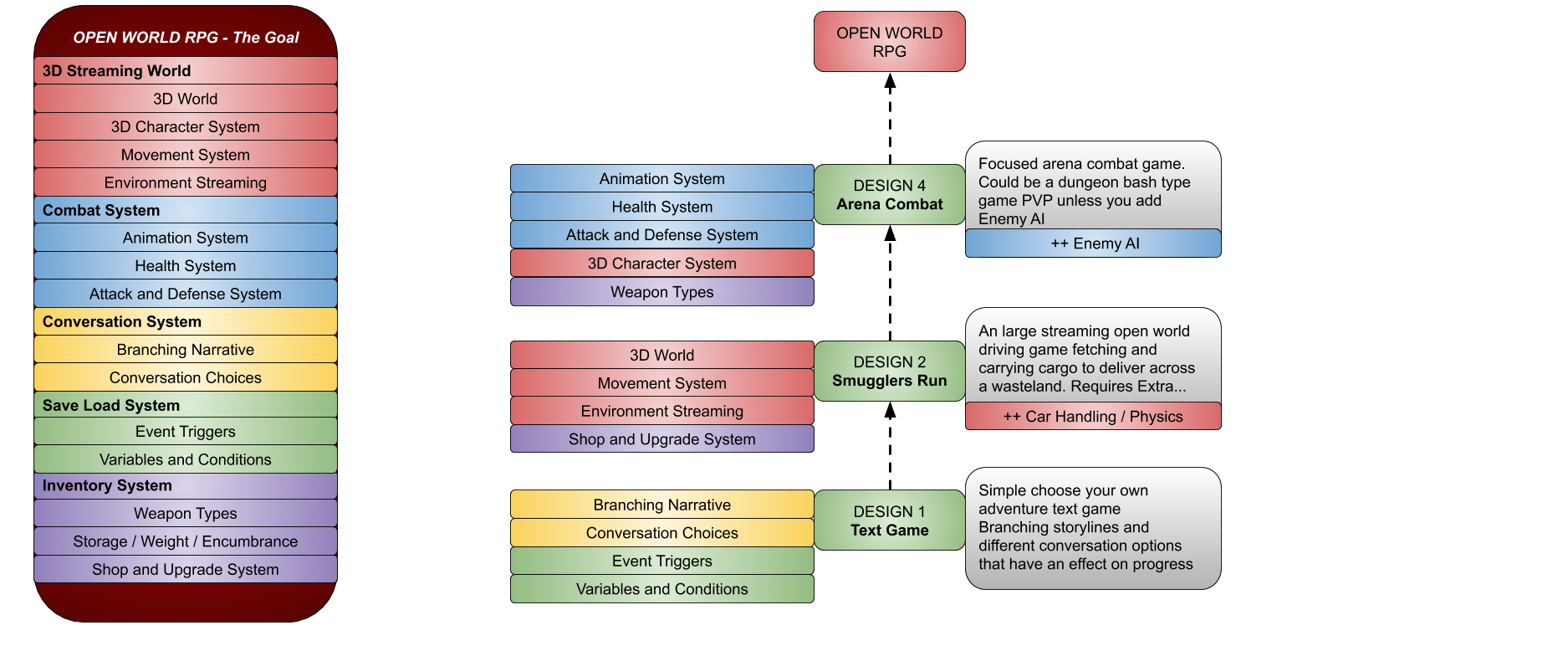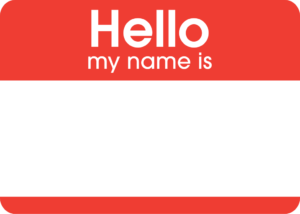
Coming up with a great name can be a daunting exercise. When creating an identity for your company, game, band or anything meant for public consumption it’s easy to go with something that sounds cool and familiar. It’s a good first step but names can say much more, if you think about it like branding, to communicate yourself, your team, your passions and the values you stand for.
For an indie developer a memorable identity can elevate you from forgettable to professional, these choices as you start on the long road to success will stay for your entire journey. In this, our first blog post, we offer some advice on the first step, defining your identity through a company name.
If your interested in how to name your game, we will also cover this soon, but many of these steps are commonly used for both. So if you’re in that situation, you should also consider having a read through.
1) Preparing a Collection of Thoughts
Before you start throwing ideas for a name around think about all of the influences that could help shape your company.
- So what sort of games do you want to make?
- What genre do they it fit into?
- Do you have just one game idea or do you have many?
- Are they the same style of games or all totally different?
- What drives you to make games?
- Will you be retro or cutting edge in appearance?
- What words or emotions would you want people to instantly think about when they see your name?
- Do you want to appear professional, underground, indie, subversive or possibly mass appeal?
The reason for noting down some key communication pillars is to provide direction to start generating words with meanings. This was our way of thinking when we went through this exercise…
2) Deciding on your Path
This wasn’t the first company name we came up with, Sanity Check is our game development consulting firm, a way for us to express our years of experience doing these kind of exercises. A Sanity Check is a pause point where you reflect on your advancement and make sure you’re on the right path, it’s also used to see if you go insane in the RPG Call of Cthulhu. However, one of our original development ideas was to write Interactive Fiction, those choose your own adventure books and games. Why?
- Personally, I have been role playing (paper RPG’s) since i was 6 years old – I have accumulated skills at crafting interesting characters, scenarios, worlds and adventures then spent 20 years as a Game Designer
- The business would’ve launched with limited money and interactive novels have low requirements to produce
- We felt we had many of the skills required to do innovative quality stories to stand out in this genre
With that analysis of our resources and skills we decided it was a viable avenue to pursue Interactive Fiction games, so we needed a name that communicated the genre we were moving into.
- The first company was going to be called “Novel Imagination”
- The name was easy to remember and spell
- The website wasn’t taken and was cheap to purchase
3) Generating Great Names
To help highlight the thinking processes we are using Novel Imagination as an example of name generation. We wanted a name that would let people know it was associated with story writing, choices, fiction, electronic books and wanting to communicate they are new, fresh, and innovative to capture players imagination.
At this point it’s worth putting down all the different verbs, adjectives and nouns associated with your key words. Put them all into a list or on a whiteboard. Go on to a Thesaurus website and look up each word to see what alternatives are possible. You might find a less common word that better describes a part of your idea, game or company values. Then start combining words or using concatenations , say them out loud to yourself.
We were happy with Novel Imagination because it is a play on words meaning “a fictitious prose narrative of book length” but also means “mid 16th century: from Italian novella (storia) ‘new (story)’, feminine of novello‘new’, from Latin novellus, from novus ‘new’”
So the company name was a good fit, it exemplified new, imaginative, novels. It was easy to spell, memorable and described the type of games we would be making.
4) Refining the List
This company name will stay with you for life. “The Dislexorcist Developers” (Your Mother Cooks Socks in Hell) might be funny and stand out but actually what does it say about you?
Refining and eliminating some of the words and highlighting others that resonate with you, it’s time to ask yourself some tough questions. How memorable is your name? (Ok TDD is quite memorable but it’s not easy to spell, ironically) can people search and easily find you?
- Let the names settle for a few days – Leave them on a board or visible in your work space
- Imagine what the icon or company logo could look like for them (we never developed a logo we were happy with for Novel Imagination)
- When you come back to them after a few days what are you instant gut reactions to them?
- Ask friends – What do the words instantly make them think of? Is this what you want people to think of or is it wrong?
We have been through this process for companies and games many times. At one point we were going to create a company doing small fun games, We had the idea to call it “Bytesized Games” but doing some simple research we found the BBC have a program for helping kids with their homework called the same, so time to rethink. It’s not a wise idea to compete against a massive well known UK company.
Another time we thought about using the name “Greenfield Developments” (a coding term for starting a new project with no legacy code) but it sounded like a housing developer so we scrapped that awful idea.
Some golden rules are …
- Make the name easy to spell
- Don’t include hyphens or special case characters
- Is the name easy to say?
- Avoid pre-existing or well known terms (you want to appear at the top of the search results or in the top 3 always!)
- Avoid puns or jokes – they age quickly and don’t look professional
- Will you cringe when you’re in an important boardroom meeting raising more money than you’ve ever seen with a stern faced old suit asking “what’s the name of your company again?”
5) Search for Competition
After coming up with a name you are happy with it’s time to search online for your proposed company name
- What already exists?
- Is there something similar people could accidentally find misspelling your name?
- Is the domain name available?
- Do a company search, does anyone already own any patents or has copyrighted your name? – even the dormant ones
- Search social media – Make sure there isn’t an obscure band already using the same name as your company
- Search engine key words
- Developer, games, software,
6) Do What Marketing Experts Do
Marketing professionals (the good ones) are paid vast sums of cash to create an easy to understand, recognisable brand with a message that resonates with an audience. They go through these exact steps and then focus test and refine until their messages are on point, so get feedback before you commit to one particular name.
- Do the people you ask generally like the name?
- Does the name spark the same images and words that it does in you?
- Marketeers have a simple clear message to convey
- Because it can generate value
- People will pay more or be more loyal to favourite brands ($$$$$)
- Emotional attachment is a greater psychological driver than logic and reasoning
- Creating a love for your identity will pay dividends in the long run (look at Apple, Nike, Starbucks etc)
- It all starts with a name
So why not start by giving yourself the best chance of success possible and take a day to think about an identity with depth and meaning for you.
7) Beware of Language Translations
Your company name might be bad-ass in one language but literally just mean “Ass” in another. It’s always worth doing a check for the most common ones. Car makers have fallen foul to this…
Renault Koleos Reportedly means ‘sheath’ in Greek and ‘testicle’ in Latin.
Mitsubishi Pajero In some Spanish countries the word Pajero means “the person who masturbates very often”. That’s why in Spain it’s sold wearing the Montero badge instead.
A quick translator check just to make sure you’re not identifying with the ancient Greek god of slippery nipples or something worse, (unless you intend it).
Final words
We know a lot of Indies do take time to think about what they want to be called, but specifically we wanted to draw attention to not just generating a cool name but one with meaning. A name which describes something about you, or your team, or the ethos that drives your passion to make games. If you can add meaning and communicate what makes you different then you will stand head and shoulders above the competition.
Useful Links
Thesaurus (UK) – For alternative word usage
Existing Company Searches (By Country)
USA Trademarks Electronic Search Systems (Tess)
USA Company Search (Edgar)
Canada Company Search (Available in English and French)
Russian Small and Medium Company Search
German Company Search (Available in English, French, German, Spanish, Italian)
Domain Searches
Some of the biggest suppliers
